When Hurricane Sandy hit in October 2012, nearly every large NYC Health + Hospitals’ facility sustained damage from rain, wind and flooding. The most significant physical damage and serious flooding happened at three NYC Health+Hospital’s acute care hospitals – Bellevue, South Brooklyn Health and Metropolitan – and one long-term care facility and specialty hospital – Coler. Several other facilities also experienced power outages and wind damage.
Over the past 10 years, the health system has made significant strides to make its buildings and campuses more resilient, including building a new hospital at the formerly named NYC Health+Hospitals/Coney Island, erecting flood walls, installing new boilers and creating elevator flood protection. A total of 30 resilience projects were initiated across the four primary affected facilities. The health system secured $1.8 billion from the Federal Emergency Management Agency (FEMA) for these resiliency projects.
“Our entire facilities team is dedicated to protecting our essential hospital system,” says Manual Saez, senior assistant vice president for the office of facilities development at NYC Health+Hospitals. “When the work is complete, all of our facilities will be prepared to serve our patients in under even the worst of circumstances.”
Resilience efforts include:
NYC Health + Hospitals/Bellevue:
- Add flood barriers at elevators and mitigated the medical gas system to protect it.
- Add a new power source so if the power grid goes down for an extended period and emergency generators fail, the hospital’s critical functions will remain operating.
- Complete the design of the community floodwall with integrated flood gates that would form a protective boundary from 25th Street to 30th Street in Manhattan.
NYC Health + Hospitals/Metropolitan:
- Construct a floodwall to protect the hospital over the 500-year flood plain. The project is expected to be complete in 2024.
- Complete smaller mitigation projects, such as ensuring the medical gas system is protected are complete.
NYC Health + Hospitals/South Brooklyn Health:
- Construct the new Ruth Bader Ginsburg Hospital. The 11-story facility has an elevated emergency department, surgical suite with eight operating rooms, robotic surgery, an endoscopy suite, and inpatient dialysis.
- Add a new floodwall to protect the campus.
NYC Health + Hospitals/Coler
- Procure design services to create a campus flood protector.
- Replace boilers and raise them over the 500-year flood plain.
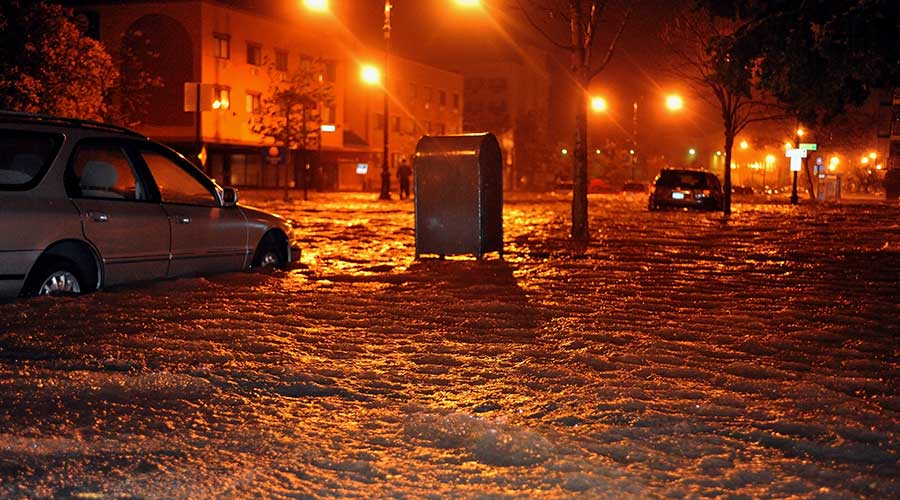
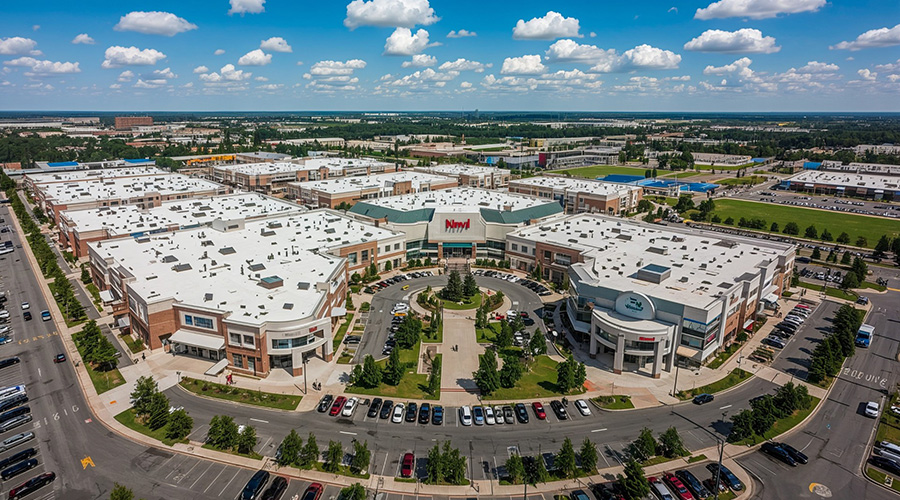 Healthcare Is the New Retail
Healthcare Is the New Retail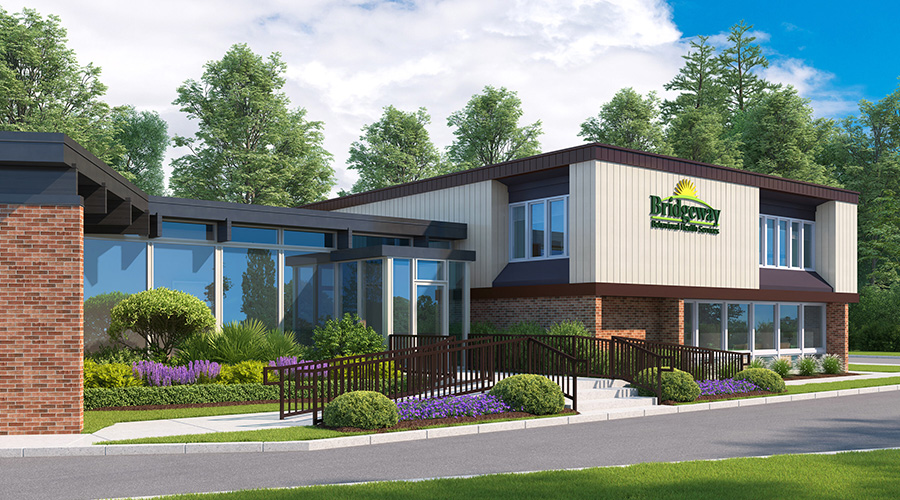 Bridgeway Behavioral Health Services Launches Campaign to Renovate Health Center
Bridgeway Behavioral Health Services Launches Campaign to Renovate Health Center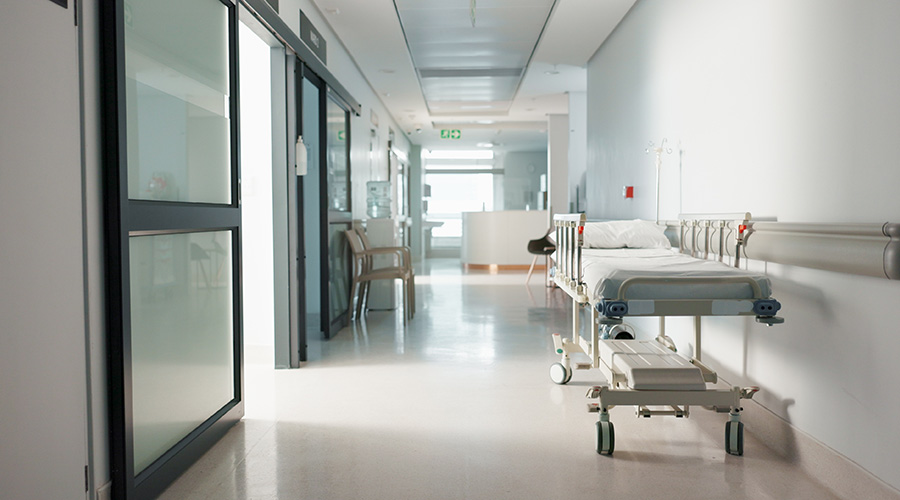 Ground Broken for New North Dakota State Hospital
Ground Broken for New North Dakota State Hospital AI Usage for Healthcare Facilities
AI Usage for Healthcare Facilities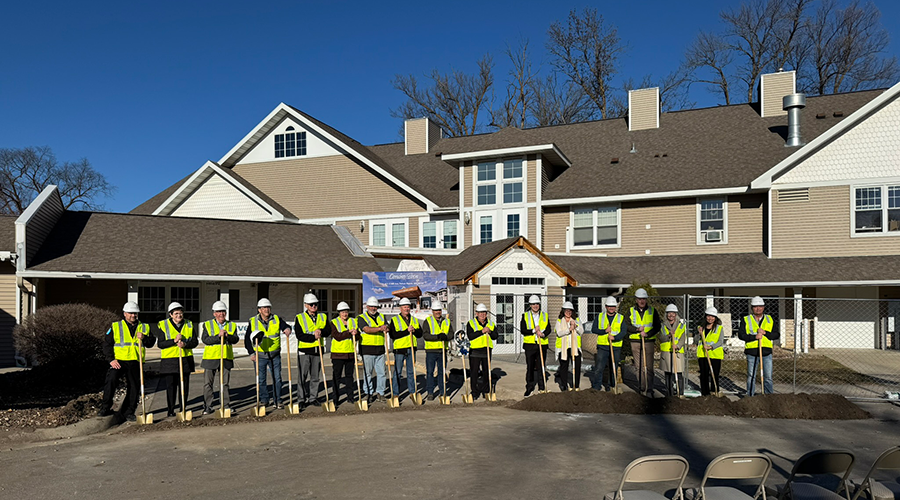 Ground Broken on Pelican Valley Senior Living Modernization Project
Ground Broken on Pelican Valley Senior Living Modernization Project